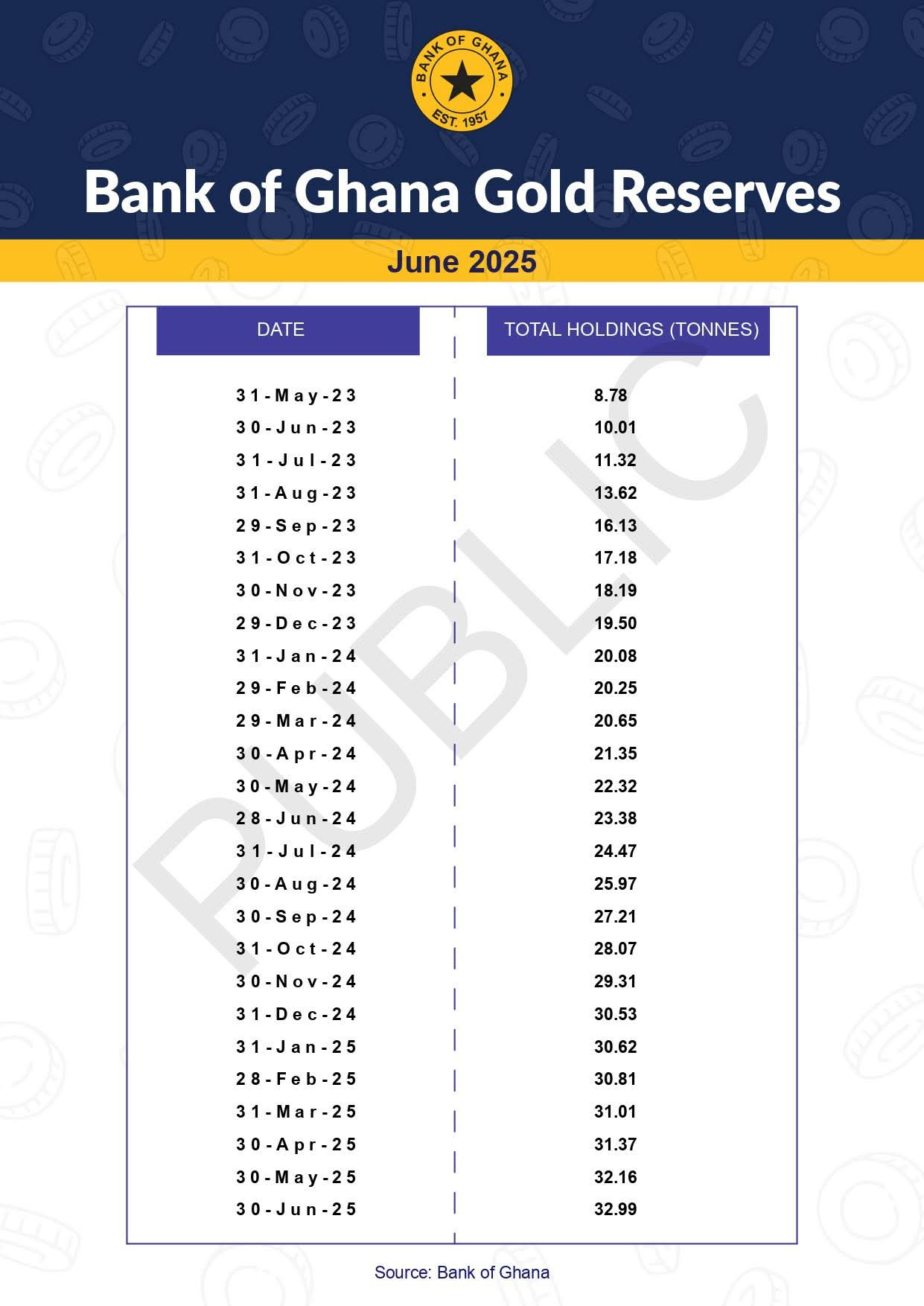Professor Gyampo exposes shipping lines over "arbitrary" exchange rates - MyJoyOnline
The quest to reduce the high cost of doing business is facing a significant hurdle, as the Ghana Shippers Authority (GSA) points fingers at international shipping lines for allegedly imposing arbitrary exchange rates and actively resisting regulatory oversight.
Professor Ransford Gyampo, CEO of the GSA, revealed that his organisation has completed extensive investigations into these practices and has presented its findings to the Bank of Ghana (BoG) for action.
The accusations come amidst long-standing complaints from Ghanaian businesses and freight forwarders about exorbitant charges and opaque practices within the shipping industry, which they argue inflate import and export costs and threaten to drive businesses to more competitive ports in the West African sub-region, such as those in Togo or Côte d'Ivoire.
Speaking on the Key Points on TV3 on Saturday, July 12, Professor Gyampo minced no words, stating, “Some shipping lines are using their own arbitrary exchange rate; we have done all the investigations and given our findings to the Bank of Ghana.” He expressed optimism for a resolution, adding, “Hopefully, we will all meet and look at this.”
This allegation of arbitrary exchange rates is a critical concern, as the Bank of Ghana (BoG) is the sole authority for setting the official reference exchange rate for the Ghanaian Cedi.
Any deviation from the BoG rate by commercial entities for official transactions could lead to distorted pricing, unfair competition, and a lack of transparency for shippers.
While shipping lines may argue for the use of interbank rates or rates locked in at the port of origin, the GSA insists that these practices must align with Ghana's regulatory framework to protect local businesses.
Professor Gyampo's latest comments echo earlier sentiments, where he highlighted the broader issue of the high cost of doing business in Ghana.
He explicitly accused some international shipping lines of "being deliberately incompetent just to cause people to pay demurrage."
Demurrage, a charge levied by shipping lines when containers are not cleared and returned within a stipulated "free time" period at the port, has become a significant financial burden for importers.
Data from the Ghana Institute of Freight Forwarders (GIFF) recently revealed that Ghanaian importers collectively pay an estimated GH¢30 million weekly in demurrage to shipping lines due to regulatory delays in document processing at the ports.
This translates to an annual burden of over GH¢1.5 billion in avoidable costs for businesses. In 2022 alone, the GSA reported that shippers paid a staggering $24 million in demurrage charges, an increase from $19 million in 2021, driven by factors including exchange rate differentials and systemic delays.
In response to the perceived resistance from these international players, Professor Gyampo affirmed the government's determination to bring them under a clearer regulatory framework through a new Legislative Instrument (LI).
"Some of the international shipping lines don’t want to be regulated. We are bringing an LI that will regulate the sector…we have a right to make our laws…we will not do that to antagonise anybody,” he stated firmly.
This new LI is anticipated to strengthen the Ghana Shippers Authority Act, 2012 (Act 818) and its accompanying regulations (L.I. 2190).
The GSA's mandate already includes negotiating charges and setting service standards with shipping service providers.
However, the proposed new LI, which follows the passage of the Ghana Shippers' Authority Bill in 2024 (now Act 1122), aims to introduce more robust sanctions and empower the GSA to make binding pronouncements on disputes and approve or reject charges that do not conform to international best practices.
This legal strengthening is intended to curb the imposition of arbitrary fees and streamline operations in Ghana's ports, which include Tema and Takoradi – the primary gateways for the country's international trade.
The conflict highlights the ongoing tension between the need for an open, competitive global shipping environment and the imperative for national regulators to protect local businesses from practices that might be deemed exploitative or non-compliant with domestic financial regulations.
The outcome of the GSA's engagement with the Bank of Ghana and the implementation of the new LI will be closely watched by the entire trade and logistics community, as it directly impacts Ghana's ambition to become a major shipping hub in West Africa and reduce the overall cost of doing business for its importers and exporters.
The Views, Comments, Opinions, Contributions and Statements made by Readers and Contributors on this platform do not necessarily represent the views or policy of Multimedia Group Limited.
The Views, Comments, Opinions, Contributions and Statements made by Readers and Contributors on this platform do not necessarily represent the views or policy of Multimedia Group Limited.
You may also like...
Diddy's Legal Troubles & Racketeering Trial

Music mogul Sean 'Diddy' Combs was acquitted of sex trafficking and racketeering charges but convicted on transportation...
Thomas Partey Faces Rape & Sexual Assault Charges

Former Arsenal midfielder Thomas Partey has been formally charged with multiple counts of rape and sexual assault by UK ...
Nigeria Universities Changes Admission Policies

JAMB has clarified its admission policies, rectifying a student's status, reiterating the necessity of its Central Admis...
Ghana's Economic Reforms & Gold Sector Initiatives

Ghana is undertaking a comprehensive economic overhaul with President John Dramani Mahama's 24-Hour Economy and Accelera...
WAFCON 2024 African Women's Football Tournament

The 2024 Women's Africa Cup of Nations opened with thrilling matches, seeing Nigeria's Super Falcons secure a dominant 3...
Emergence & Dynamics of Nigeria's ADC Coalition

A new opposition coalition, led by the African Democratic Congress (ADC), is emerging to challenge President Bola Ahmed ...
Demise of Olubadan of Ibadanland
Oba Owolabi Olakulehin, the 43rd Olubadan of Ibadanland, has died at 90, concluding a life of distinguished service in t...
Death of Nigerian Goalkeeping Legend Peter Rufai

Nigerian football mourns the death of legendary Super Eagles goalkeeper Peter Rufai, who passed away at 61. Known as 'Do...




